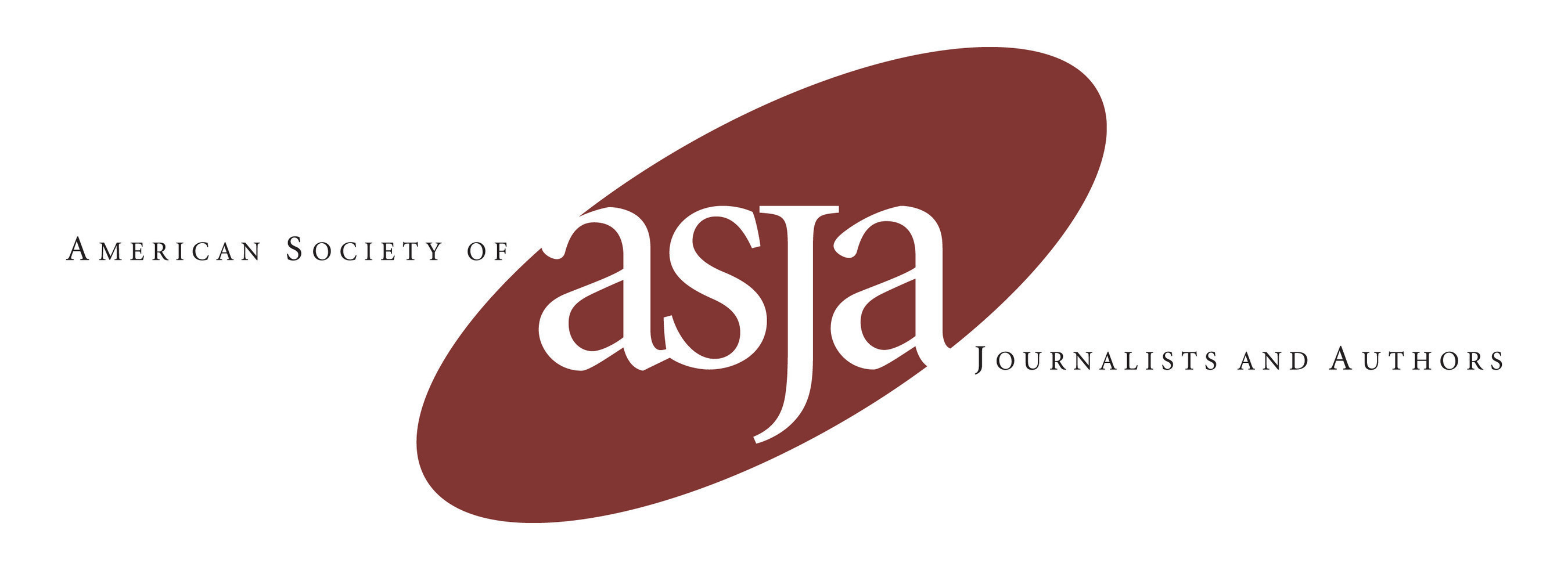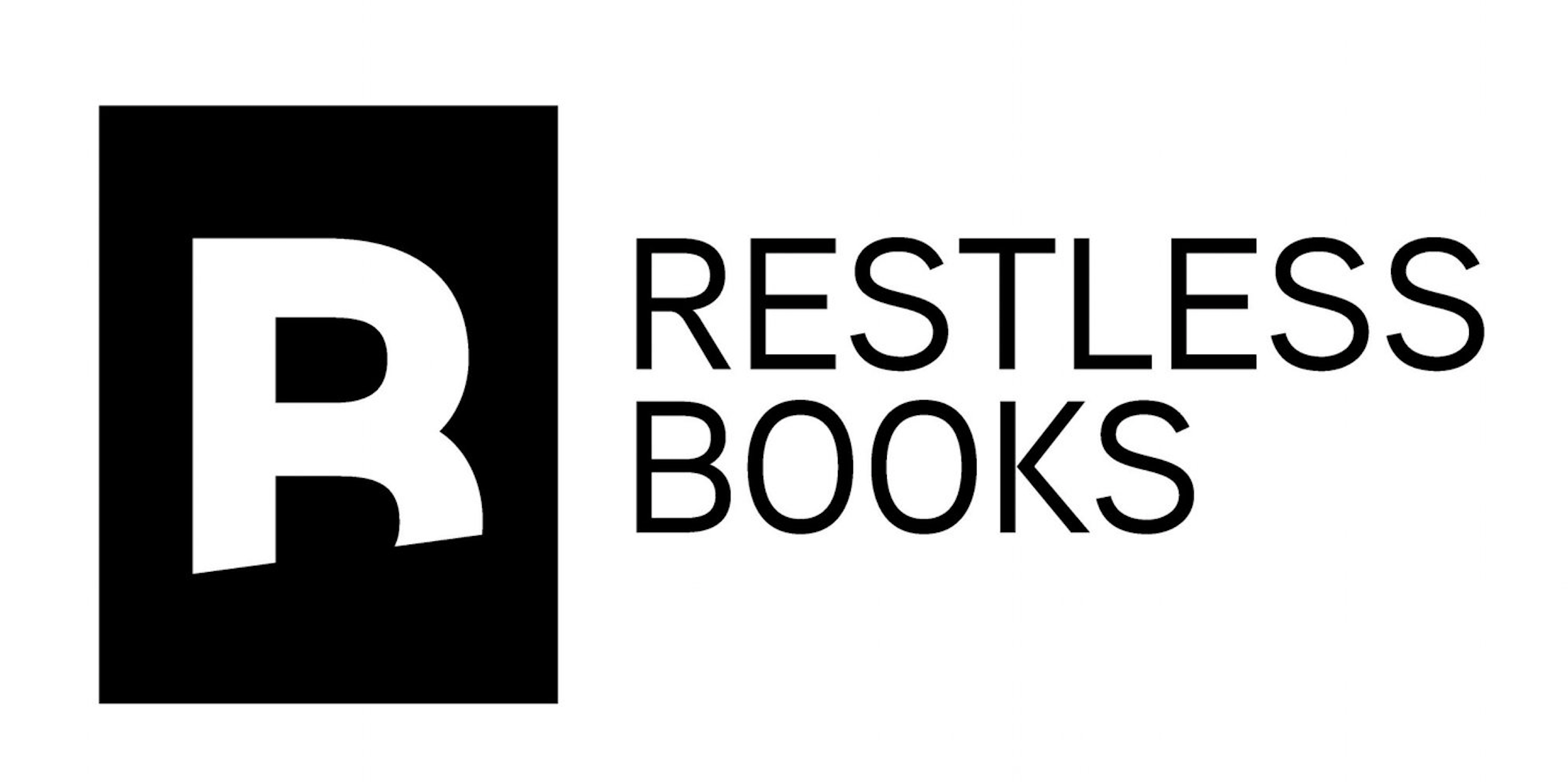Still Held By the Water
Last week, I introduced the first half of my reading of How the Water Holds Me by Detroit poet Tariq Luthun. I am more than happy to say that I remained locked in as a reader all the way through and finished reading the collection. More memories pour out of this book from one poem to the next, and as I continued to read I began to notice the significance of parental figures. In reflection, this collection mentions the word “father” more times than any other collection I’ve read. The second half of this book is also where I felt I learned something about Luthun’s mother, who I found mentioned far less than his father.
“...she raises / her eyes from the dishes, / her hands up from the bath, / and gives / a gentle laugh, / a sigh, we make / du’a, we pray...”
I think this realization is very important to the entire collection and the concept of being “held” by water. It begs the question, “What is the water?” I am inclined to wonder if the water Luthun speaks of, in addition to the physical waters between Detroit and Palestine, are his family.
“I fear what becomes / of the family that feasts on pain.”
I highly recommend Luthun’s collection, which is forthcoming this month from Bull City Press and is currently available for pre-order. This has been a fantastic read to keep me company as the state of Michigan remains under a stay-at-home order.
If you are missing the sounds of live poetry, I am hosting a weekly virtual open mic for Citywide Poets on Instagram Live every Saturday at 3:00 PM EDT! Follow @citywidepoets to tune in or participate with a poem. Our Citywide Poets program focuses on teen writers, but we welcome adults to join in to share as we get through this pandemic together. Stay safe.
Citywide Poets Instagram Live Saturday Share Open Mic poster. Justin Rogers is the literary outreach coordinator for Poets & Writers in Detroit. Contact him at Detroit@pw.org or on Twitter, @Detroitpworg.







